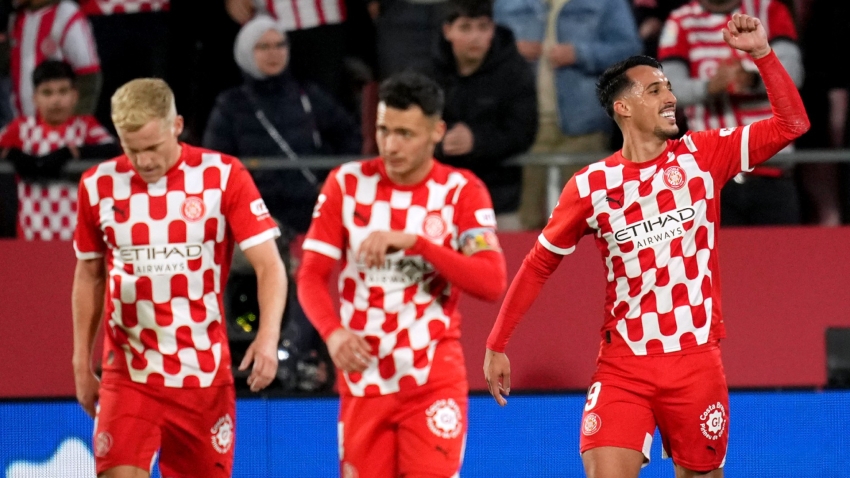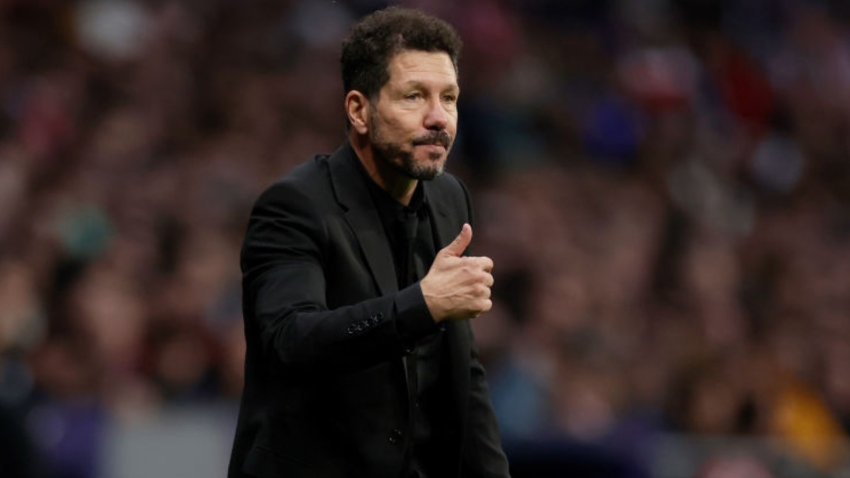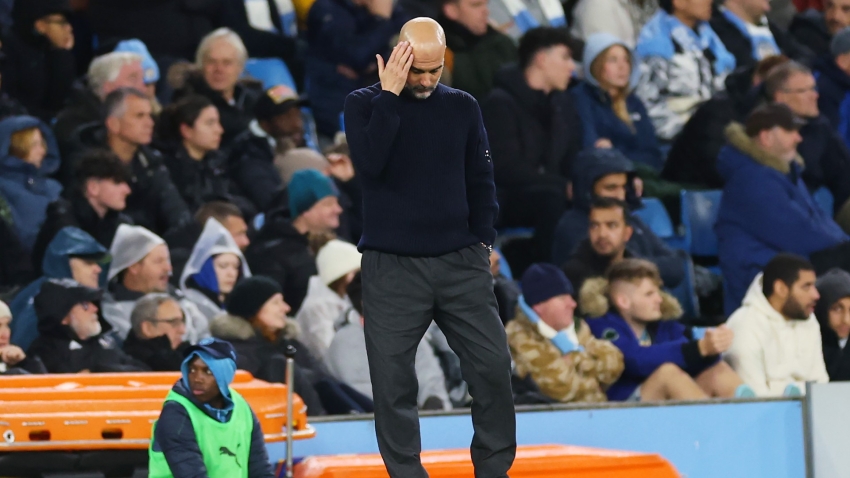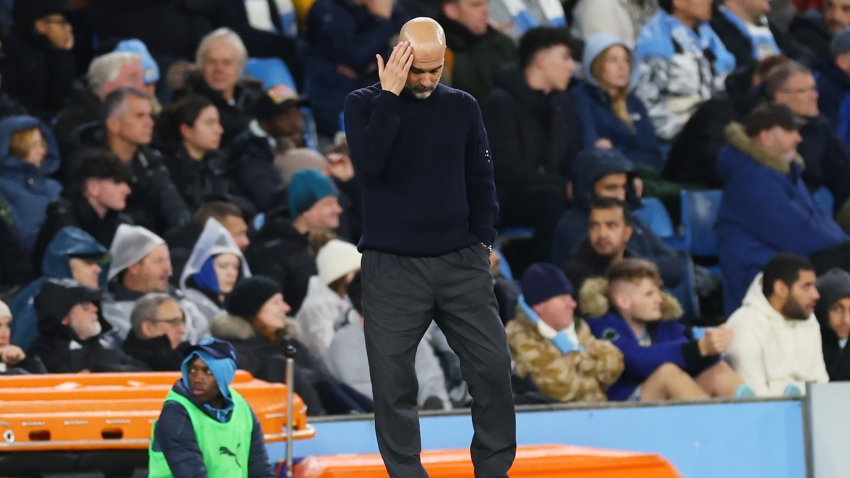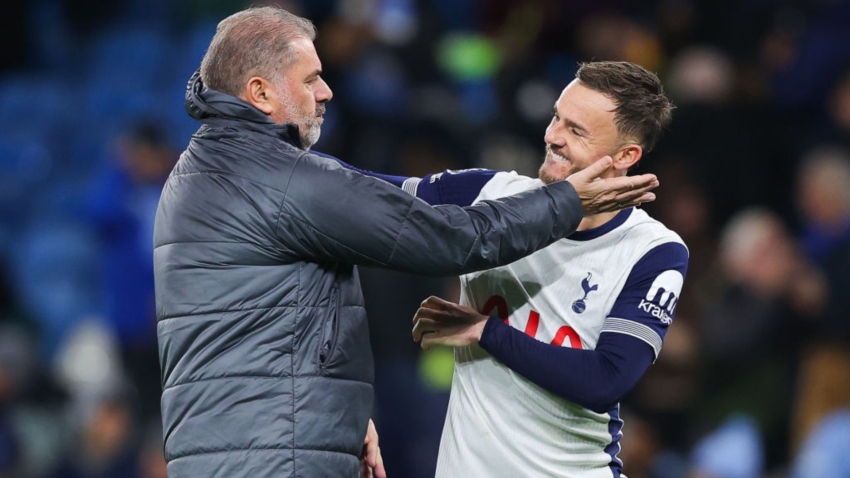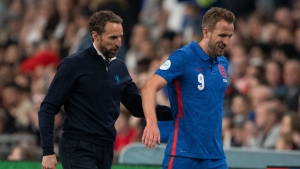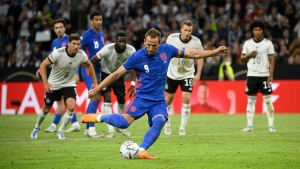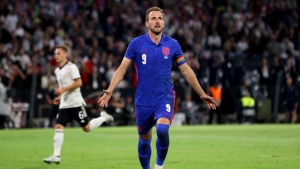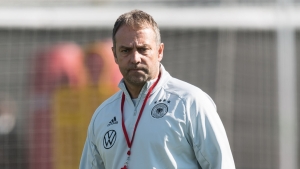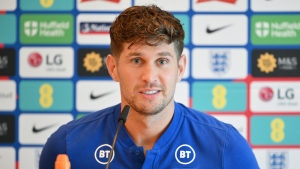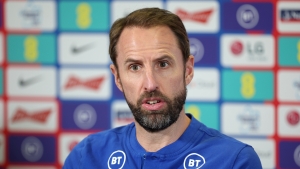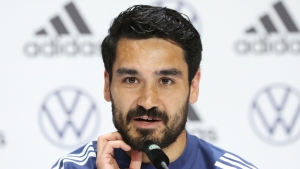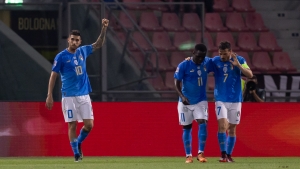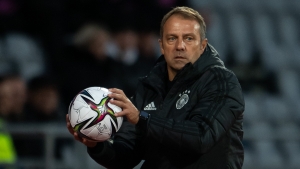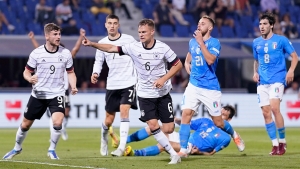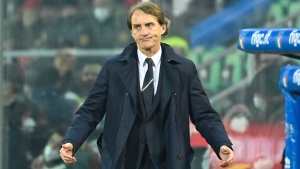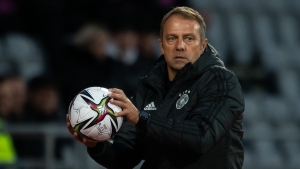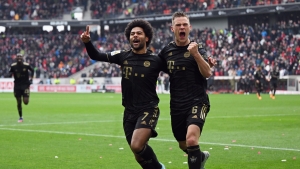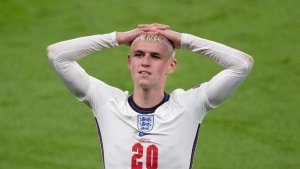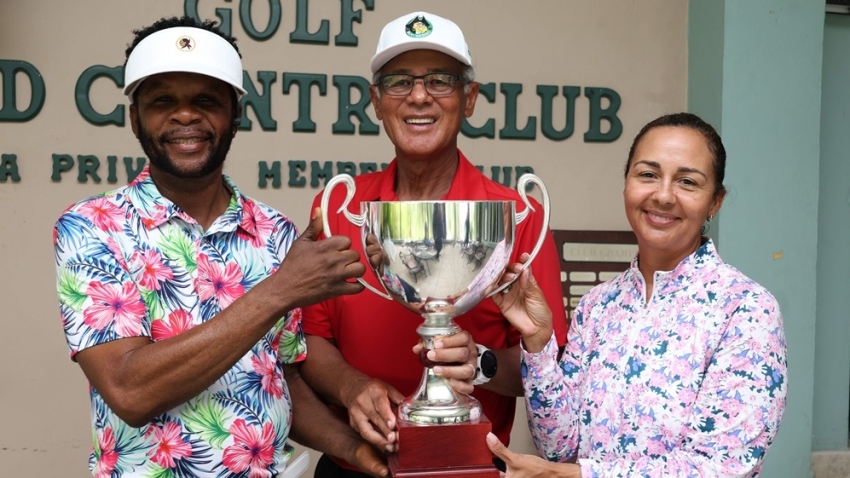England manager Gareth Southgate has labelled Germany as one of the benchmarks in international football due to their continued presence in the latter stages of major tournaments.
The Three Lions head to Munich on Tuesday for their second Nations League game, having suffered a surprise 1-0 defeat to Hungary on Saturday in their first League A Group 3 game.
Meanwhile, Germany shared the spoils in a 1-1 draw with Italy as preparations for the 2022 World Cup in Qatar are stepped up.
England and Germany met only last June at Euro 2020, with Southgate's side 2-0 victors at the last-16 stage in front of a buoyant Wembley crowd.
Germany have failed to score in their past two matches against England, as many as in their previous 16 games combined.
But Southgate still views Hansi Flick's side as a force to be reckoned with looking forward to the clash at the Allianz Arena and further ahead to the World Cup in November.
"You can see elements of what he did with Bayern Munich, I think seven either current or had just left Bayern, a lot of have cohesion and experience working with him," Southgate said of Flick on Monday.
"You can see the counter-pressing and the general pressing of the forwards, we have to be prepared for that. With the ball, they have some talented players.
"We saw that in summer, I think in some respects the result in summer was overlooked, I'm not sure why. The quality of the team was still very high, World Cup winners everywhere, Champions League winners.
"Real experience of those big occasions. For me, I think Brazil and Germany are still the benchmarks for teams who have regularly won tournaments, regularly making finals, even when you look at the 5-1 here [in 2001], they ended up in the World Cup final.
"You have to respect what they are and where they are as a footballing country, we have to try and replicate that and instil that mentality.
"We have to keep getting to the latter stages of competitions and games like tomorrow are exactly what we need. I think it's a great measure for us, this will be a brilliant test of what we're about and where we're at.
"It won't define where we're at in six months' time, if we win tomorrow, it doesn't mean we are going to win the whole thing in five, six months.
"One of the challenges before was can we beat the bigger teams, we've beat Belgium, Germany and Spain, we're starting to do that so now it is can we continue to do that."
England have not come out on top in consecutive games against Germany since a seven-game winning run between 1935 and 1966, the last game of which was the World Cup final.
Southgate vowed to rotate once again after offering the likes of Jarrod Bowen and James Justin starts in Budapest.
"We are going to push. We want to perform well. We will manage their load. Everyone of them wants to play tomorrow night," he continued.
"There is huge motivation in the group. I don't think the long season was the cause of the result the other day. The heat was a huge factor.
"To talk about the season is a psychological thing. It is no different to going into the Euros or the World Cup.
"It varies slightly from game to game, you are always trying to win. You always pick a team strong enough to win a game of football. We are trying to manage players coming back.
"To play Saturday and Tuesday is very challenging. Always trying to learn things, there's the performance and result. We go trying to win and the learnings after it is how you develop and improve as a team.
"James [Justin] won't be ready for tomorrow but we are hopeful he will be back for the next game if not the one after. Marc [Guehi] should be ready for tomorrow. Fikayo [Tomori] we could probably put him in the squad but given it's a hamstring we will give him a bit longer."







